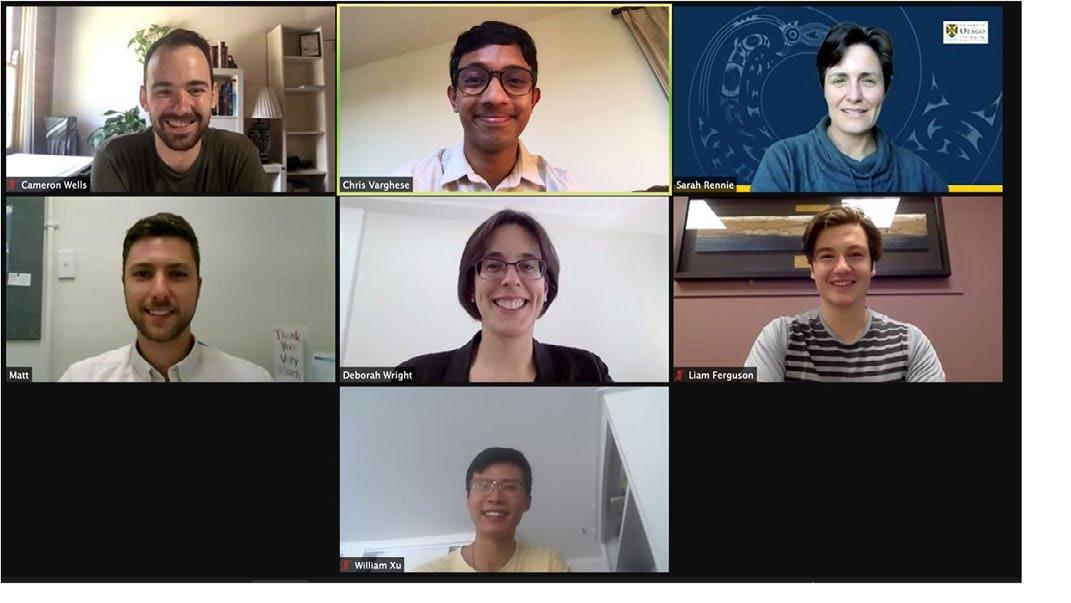34
JDocs
JDocs: five years of preparing aspiring surgeons and proceduralists
was launched in February 2016. It is supported by a range of learning and assessment resources and is available to any junior doctor registered in Australia and New Zealand.
work in orthopaedics and that changed everything. The fast-paced atmosphere, technical aspects, and the teamwork in the theatre made me want to take it up,” Dr Page said.
The development of JDocs has been guided by the following aims:
While working as an unaccredited cardiothoracic registrar in Townsville, North Queensland, a colleague suggested she contact a surgeon in Melbourne to discuss future opportunities. He provided instrumental career advice, including recommending JDocs.
• identify the skills, knowledge and behaviours expected of junior doctors and aspiring procedural specialists so they can be a safe and competent clinician during the early postgraduate years
JDocs program participant Dr Sarah Page
Surgery is often characterised as a rewarding and challenging career, and the challenges start before training even begins. Junior doctors need to have a great knowledge of the body, its systems and what can harm it. They also require an excellent knowledge of anatomy, physiology and pathology. They also need strong interpersonal, professional, cultural awareness and safety skills that allow them to listen, lead, learn, communicate effectively, make appropriate decisions, empathise and understand. But how can junior doctors and aspiring surgeons navigate their way through all of this? The Royal Australasian College of Surgeons (RACS) established the JDocs Framework because it recognised a need to provide educational resources and guidance to junior doctors seeking to explore a proceduralist career, so they can make informed career decisions prior to committing to a specialist pathway. The JDocs Framework and ePortfolio
• provide a range of work-based assessment strategies and tools to identify the clinical situations in which a junior doctor can demonstrate the achieved learning outcomes and professional standards
Subscription to the JDocs ePortfolio (at a cost of AU$350 in 2021) enables the progressive assembly of evidence of achievements, work-based assessments and experiences, which can help support application to proceduralist specialty training.
• provide junior doctors with tools and resources to support the development of their professional profile by documenting evidence of work-based assessment, achievements and experiences through the ePortfolio
In addition, JDocs subscribers also have access to a range of resources including:
The JDocs Framework is aligned to the RACS Core Competencies, with learning outcomes or activities grouped into Key Clinical Tasks (KCTs). The KCTs represent the daily professional activities undertaken by a junior doctor, where the level of performance can be observed and feedback provided. The KCT documents include options for a supervisor or mentor to provide feedback.
• eLearning resources (currently 23
Cardiovascular Surgery Trainee Dr Sarah Page completed a Bachelor of Science degree, majoring in anatomy and pathology – subjects she found so interesting that she applied for a postgraduate degree in medicine. Her passion was haematology “but in my first clinical year I did some hands-on
• Generic Surgical Science Examination resources and a multiple-choice question bank • select RACS library resources Dr Jennifer Chambers, RACS Chair of the Prevocational & Skills Education Committee

























